Matt Gibson studies evolutionary processes—allowing him to not only tackle important scientific questions in the field of evolutionary biology, but also to find ways to contribute to solving food insecurity caused by climate change.
Gibson is a Ph.D. student in the Evolution, Ecology, and Behavior Graduate Program at Indiana University Bloomington and a member in the lab of Leonie Moyle, a professor in the IU College of Arts and Sciences Department of Biology. He obtained his B.S. degree in genetics from the University of Kansas and plans to defend his Ph.D. dissertation at IU in May.
Gibson uses population genetics and computing in his quest to understand the genetic mechanisms of adaptation, especially in response to abiotic climatic variation such as temperature, sunlight, and moisture level. He carries out his research using the plant species Solanum pimpinellifolium, a wild relative of the domesticated tomato.
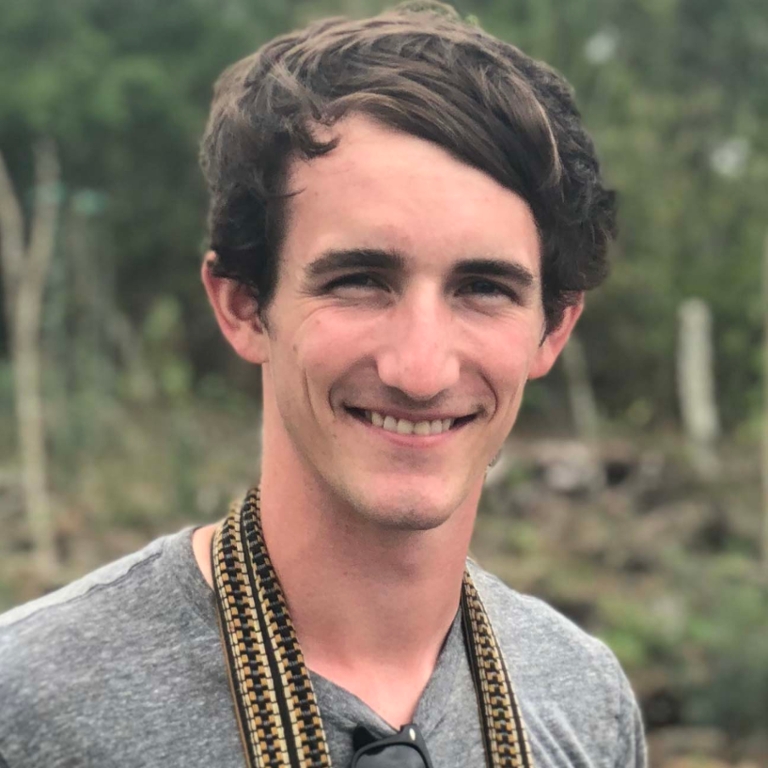
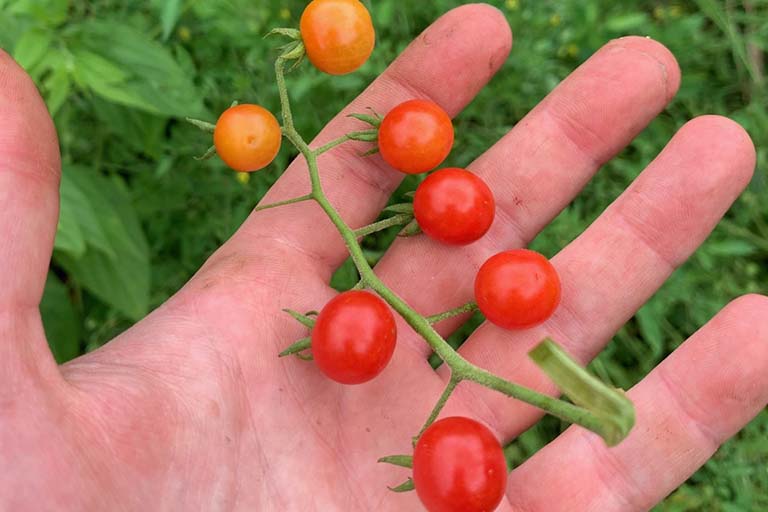
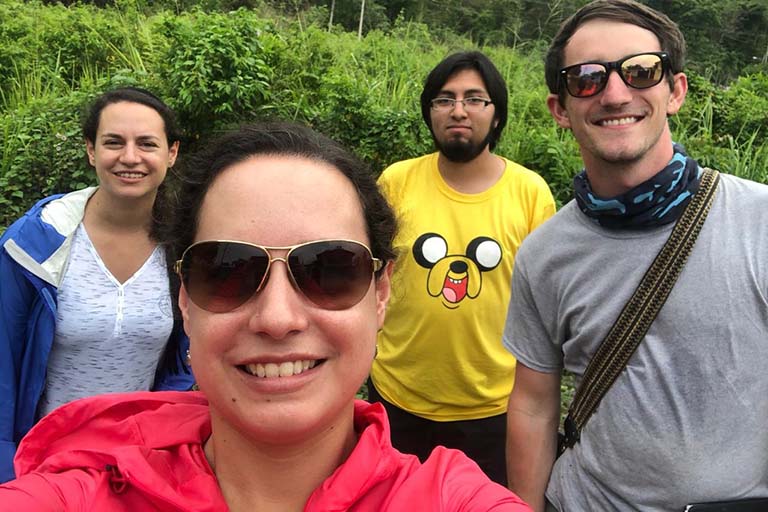
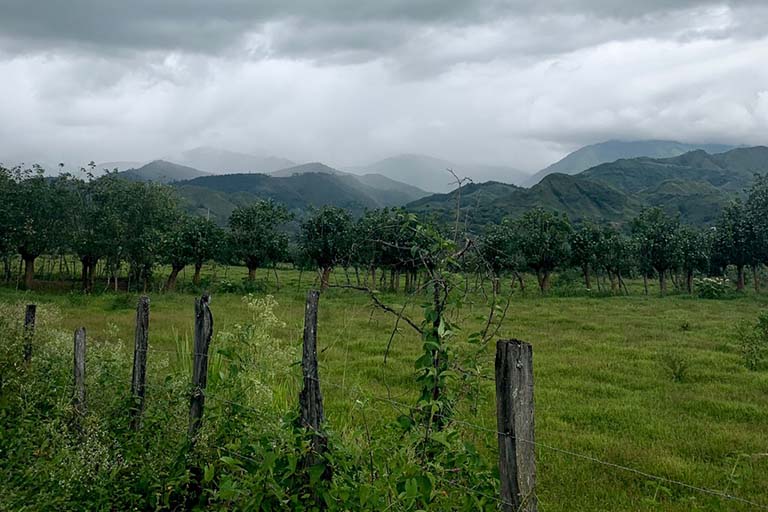
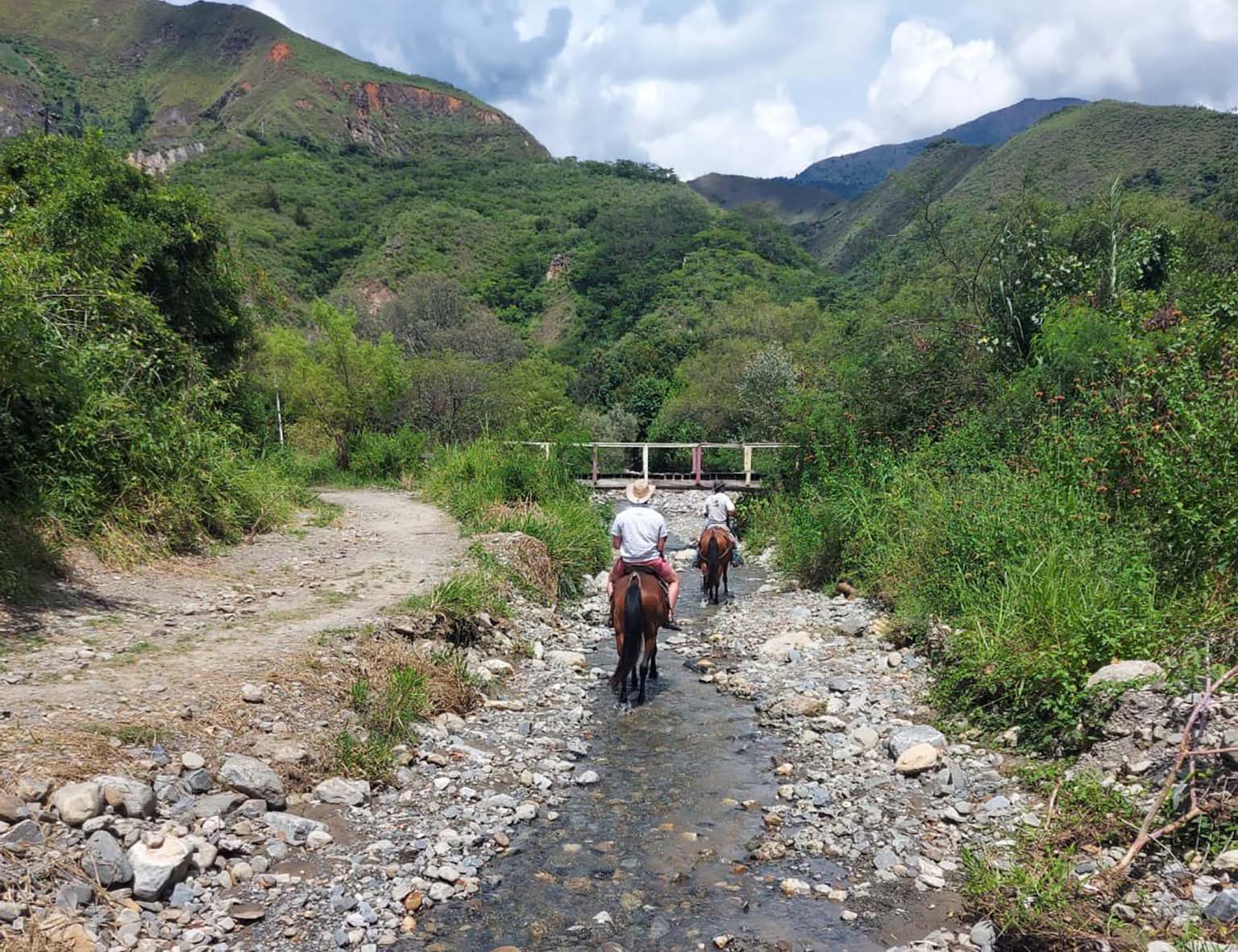
 The College of Arts
The College of Arts